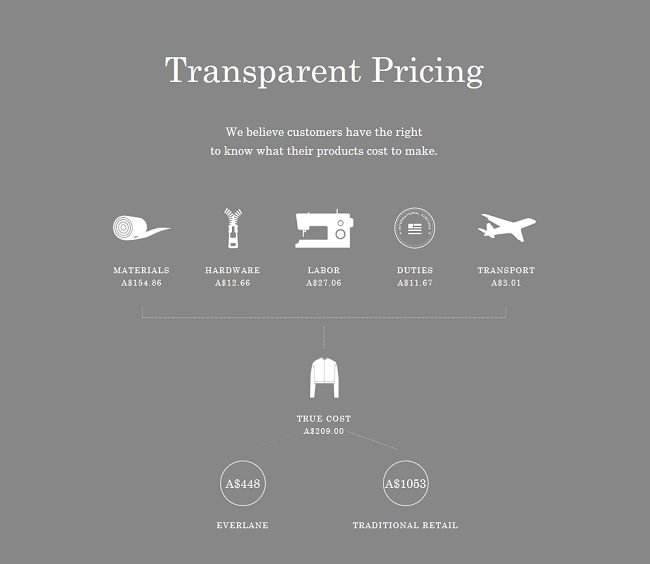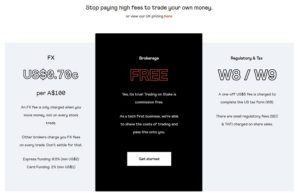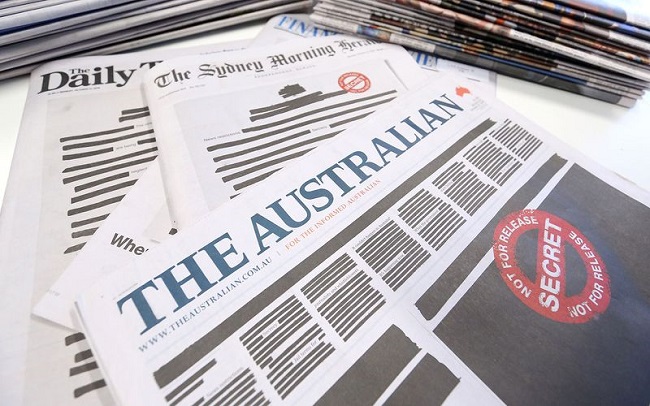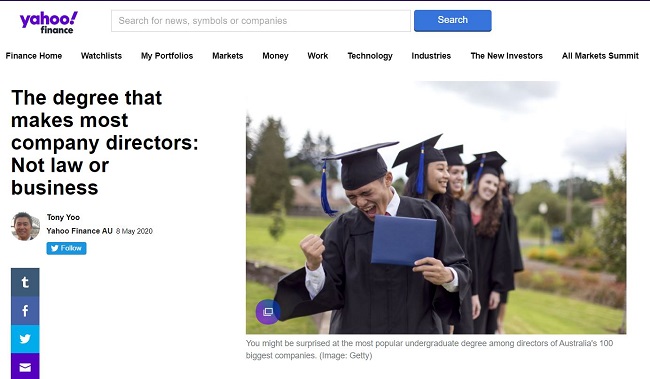by Luke Dean
October 24, 2019
Corporate Communications
Why smart businesses are embracing transparency.
Convinced I was paying too much for sneakers, I searched my smartphone’s internet browser for ‘cheap flat sole sneakers’ as I waited for my train.
The search took me to some YouTube videos, which introduced me to a Chinese-made martial arts shoe, branded Feiyue.
Feiyue shoes are strong, lightweight, come in a range of colours and designs and look good. They’re the Chinese answer to the Japanese Tiger brand.
And my first pair cost me just $15 plus shipping via a website called icnbuys.com.

$15. Yes, $15.
My decision to find a better deal was driven by a suspicion that, like most products and services, I had been paying a grossly inflated price for a product that was cheap to manufacture but made expensive by an opaque process of shipping, handling, wholesale and retail.
And each stage of this process involved someone getting their ‘cut’ of the deal, which obviously inflated the ultimate price paid by me.
No one likes paying too much for the products and services they need and enjoy and we’re all too aware of the possibility of being ‘ripped off’.
And this sensitivity has been exacerbated by the recent Royal Commission into Banking and Financial Services, which discovered, among other things, that Australian financial planning customers have been paying enormous fees for no service at all.
Think about that. Paying fees for no service.
When I get ripped off by the sneaker trade at least I have a pair of sneakers to show for it!
The good news is we don’t need to wait for more expensive Royal Commissions to force companies to become more transparent and to clearly explain to customers what they’re paying for and what they’re getting in return.
We have the internet and an increasing number of people are exercising their initiative, just like me searching for ‘cheap flat sole sneakers’, to find a better deal for themselves and force companies to become more transparent about their pricing and what they offer. No one wants to pay for no service.
Smart companies are responding to this trend, realising that not doing so means not being in business for the long-term.
Some forward thinking companies are using the growing ‘trust deficit’ between retailers and their customers to be honest. This is breeding a new era of candour and loyalty. Take clothing brand Everlane, which prides itself on ‘radical transparency’. The website sells sustainable clothing and explains to shoppers exactly what they’re paying for by detailing the supply chain of every item of clothing.
The site then clearly contrasts Everlane’s price with the price a customer would pay for the same item at a traditional retailer.

Everlane details the supply chain and compares the final cost of an item with what would be paid at a traditional retailer
Everlane also details the non-financial information being sought by the growing pool of values-based consumers.
For example, customers know the percentage of a shoe’s sole that is made from recycled plastic (with the balance being offset).
Another example is Aussie start-up, Stake.com.au. Stake has developed a smartphone app and website that enables Australians to directly buy US shares and avoid Australian brokerage costs, which are among the highest in the developed world according to research by Parametric Australia.
Stake has seized the opportunity presented by the little-known fact that Australian investors, both large and small, are getting ‘ripped off’ by relatively high brokerage costs, both directly and via their super funds and other managed investment products.
And as with Everlane, Stake is fully transparent with its pricing, clearly displaying what you pay and when via its website.

No need to rake through the fine print; Stake clearly displays its fees on its website
So, regardless of whether the product or service you seek is a pair of gym shoes or the ability to trade shares, thanks to the technology in our pockets we are all becoming much smarter about who we buy from and are asking more questions about why things are priced the way they are.
And when we can’t find answers to our questions, we become immediately distrustful of the companies guarding their ‘secret sauce’, especially in sectors involving large sums of money and people’s investments and retirement savings. This was the reason for the recent Royal Commission.
The lesson for companies is clear. You need to be transparent to build trust. And if you’re hiding something, you’re going to get caught, so you better fix it.
NEWS AND MEDIA

Freedom is anchored to a free press
Yesterda...
Measure and manage your Corporate Reputation

Suite 94 | Jones Bay Wharf
26-32 Pirrama Road
Pyrmont NSW Australia 2009



